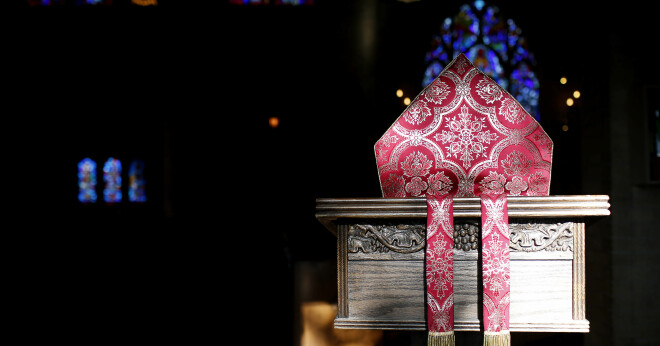Priestly Nation

Most every Sunday I lead a service in which the Baptismal Covenant figures prominently. Candidates for baptism and confirmation repeat (in the early church literally 'tradite') the creed, and then they renounce evil and affirm in public their commitment. These are ancient parts of the rite - I always liked how, in the early church, they would spit at Satan and then turn east toward the coming Christ. To these ancient elements have been added a series of promises, which are meant to comprise the Christian life.
This section has given expression to a whole theology of the church, an 'ecclesiology.' Baptism is the one and equal doorway to life with Christ. In fact it is significant that the Roman and mainline Reformation churches recognize one another’s baptism. The baptized are, as one, a 'priestly nation,' Peter tells us, for they mediate the good news about Christ to the world. On this foundation is placed the affirmation that ministry belongs to the whole people of God (Ephesians 4). Ordained ministry orders, encourages, and reminds the body about who it is what it is called to do.
It would seem, however, that different branches or corners of the church grasp different aspects of this covenant. A lopsided account of Christian life can result. So, it is important to bear two things in mind. First, who Christ is (and did) precedes who we are. We have already heard the word of God. The creed recited then sums up His saving reality. Before the church does anything, it confesses its faith in Him.
Secondly, the account of the Christian life is intentionally varied and broad: worship, evangelism, repentance for sin, service to those in need, engagement with the social order. I bet one's style of Christian life makes each of us lean to one and away from another. It's good to give extra attention to those promises we find ourselves most recalcitrant to - they tell us the most about ourselves. And of course in the rite of confirmation follows - God's work matters supremely, but the church needs the confession of that faith as our own.
A baptismal church, and so a baptismal Anglicanism is Christocentric and Trinitarian, holistically evangelistic and diaconal, grace-oriented and 'confessional.' It is insistently lay-oriented, though this makes the ministry of the ordained more important and distinct, not less.
Peace,
+GRS



